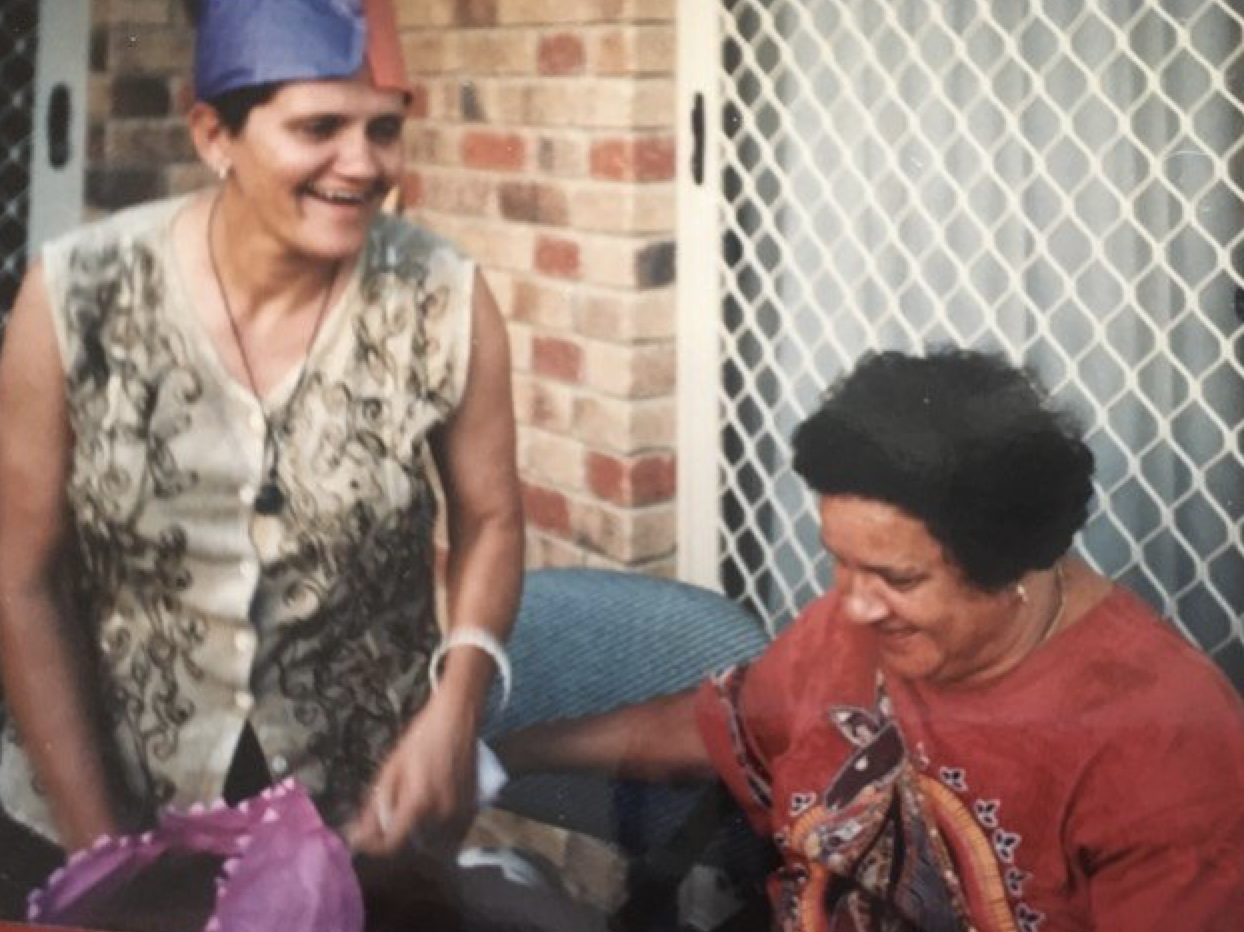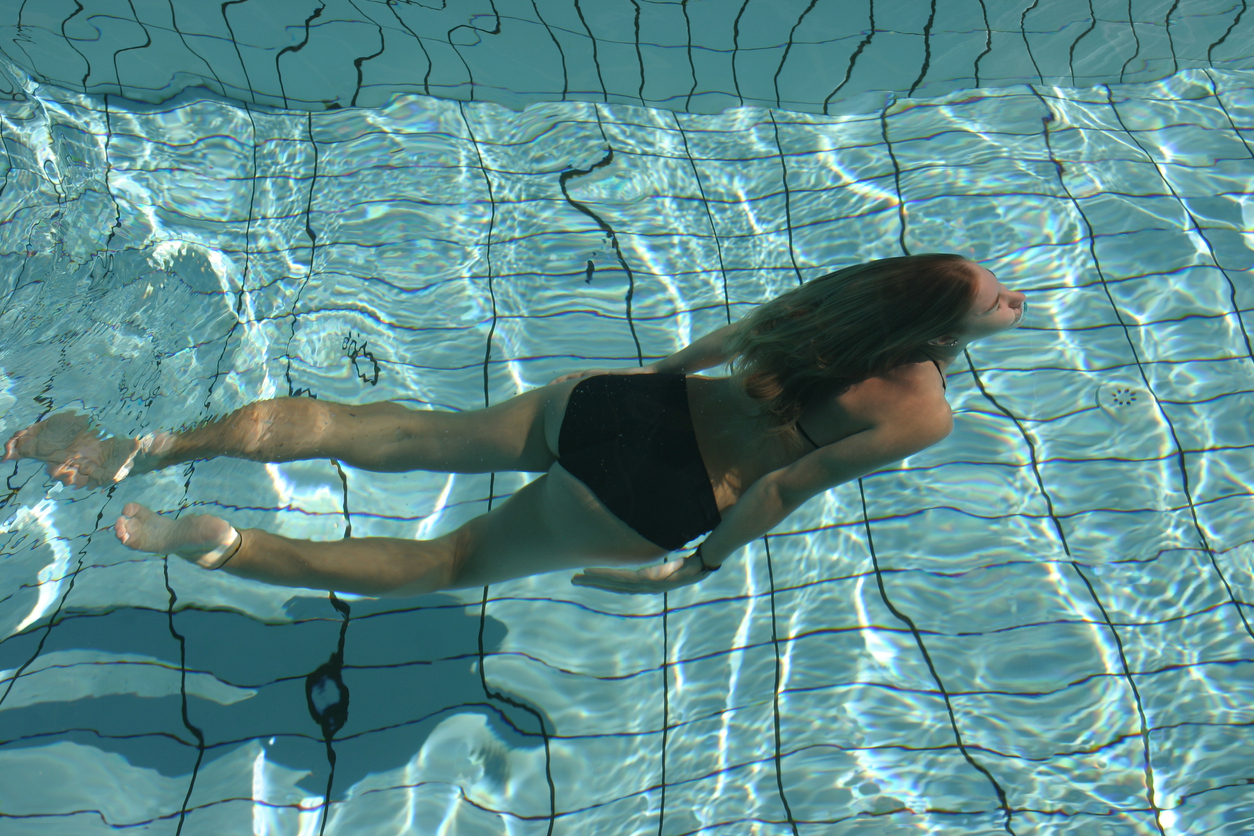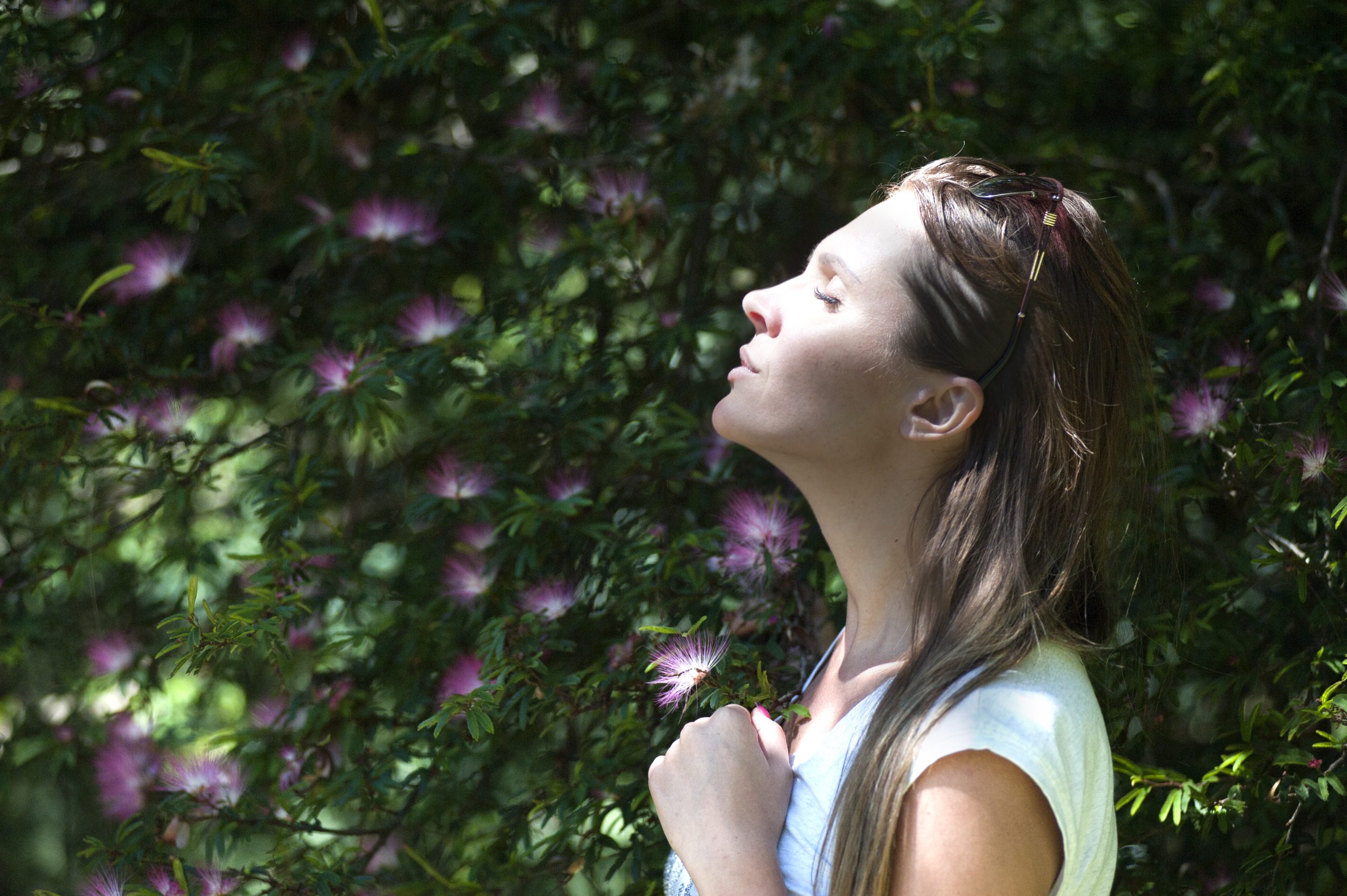Welcome to our series on Unsung Heroes: Jeanie Bell And The Language Of Love. Michael Sheather talks to a preserver of the past in NAIDOC Week.
NAIDOC Week is a time to celebrate the history, culture, and achievements of Australia’s Aboriginal and Torres Straits islander peoples. This year, NAIDOC Week’s slogan is ‘always was, always will be’, a theme amply displayed by the lifetime achievements of NewDirection Care resident Jeanie Bell.
Jeanie Bell always had a yearning to teach. Jeanie’s older sister Judy Brown remembers her sibling as a young girl who was always an enthusiastic leader reaching out to others among the gaggle of children who gathered to play at their Brisbane home during the 1950s.

“Jeanie was always that sort of girl,” recalls Judy, fondly known as Aunty Judy by her family. “I think she was always destined to be a teacher. When we were kids, she was always playing at being the teacher in front of the class, leading discussions and showing the rest of us how to do things. It was a part of her character that she always had, and which has stayed with her all her life.”
Jeanie Bell, now a resident at one of Australia’s most innovative aged care facilities, NewDirection Care at Bellmere in Queensland, took that educational aspiration from her childhood and turned it into a lifelong passion for teaching, languages and education to become one of Australia’s most accomplished indigenous linguists and academics.
Jeanie, 71, (Subs: 72 in Jan, born 1949) spent much of her working life in the Northern Territory where she was the Indigenous Research Collaborations Fellow in Indigenous Languages and Linguistics at Batchelor Institute of Indigenous Tertiary Education.
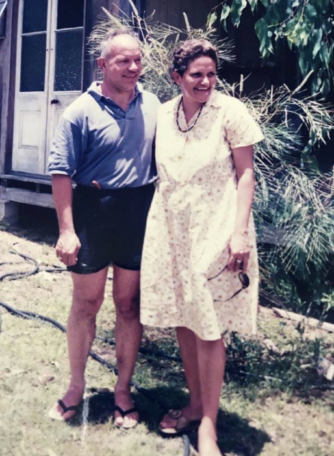
She made significant contributions to developing and advancing tertiary education for Aboriginal people and was an enthusiastic conservator of the many Aboriginal languages spoken across the country.
As a teenager, Jeanie moved to Melbourne with members of her extended family and pursued a career in nursing. It was only in later life that she turned to academia when she was accepted to Monash University. She became one of Monash’s first indigenous graduates and took up a position as a linguistics teacher at Yipirnya school in Alice Springs training Aboriginal interpreters for the Institute of Aboriginal Development.
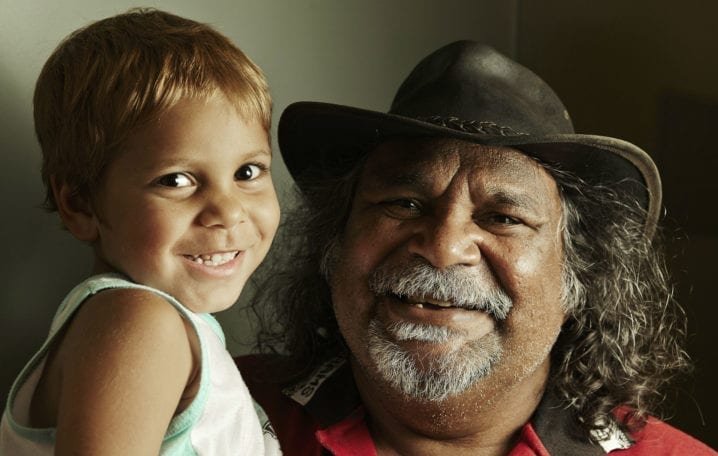
She was also an author and researcher. Her first book, Talking About Celia…Community and Family Memories of Celia Smith, was published by in 1997.
In 2003, she wrote, A sketch grammar of the Badjala language of Gari (Fraser Island), a massive and ambitious research project that records not only words and meanings from the Badjala language but also preserves its grammatical rules, syntax and sentence structures. The book earned Jeanie a master’s degree in Linguistics from Melbourne University.
While studying for a PhD at the Australian National University in Canberra, Jeanie, who identifies as a Dulingbara and Yagara person from south east Queensland, wrote about her work.
“I am currently working on a PhD with ANU on Kinship, section names and marriage rules through Aboriginal languages of South East Queensland with a focus on Kabi/Badjala and Wakka/Duungidjawau language groups.
“Most of my work is based on historical documentation from linguists, anthropologists and other ethnographers who recorded in some way relevant information on this topic. I am also conducting ANU Ethics approved interviews with Aboriginal Elders (both Junior and Senior) from SEQ who may remember this type of traditional knowledge and how parts of it may still be used today by different generations of Aboriginal people.”

Jeanie’s passion for language and Aboriginal culture began with her family. Her father Lawrence was a proud Aboriginal man who also spoke several other indigenous languages. “My father was fluent in three or four different Aboriginal languages as well as English,” says Jeanie’s daughter Kamarra, a 40-year-old artist and theatre director who lives in Melbourne.
“When mum was growing people still used Aboriginal languages and these were languages from our local area. My grandfather had acted as a translator for the Aboriginal mob at Cherbourg Mission in Queensland. I believe that is part of the reason mum wanted to study languages.
“As he got older, my grandad became quite passionate about his language and mum picked that up and it became a string belief for her that our language, our mother tongue is integral and core to our holistic health as a people and without our original language then we can’t express our true identity.
“The reason that mum became so prolific within the Aboriginal language community was that not only was she one of the first aboriginal linguists working in this country – she was one of the first to work with the Arrernte [sometimes spelled Arunte or Arunta] people in Alice Springs – she was teaching Aboriginal people the grammatical rules of their language so that they could understand how to record them so they could be taught and passed on to others.

“It’s not just about how an oral language gets translated into a written form, but it is also about the form and function of that language. And about ensuring that it is preserved and revitalized. Hers was very innovative, ground-breaking work, particularly during the early 1980s. She is an amazing woman. The skills that she gave the communities that she worked with were then used to begin the process of creating resources to ensure these unique languages are not lost.”
Jeanie first noticed symptoms of dementia when she was about halfway through her PhD. “She didn’t know what it was at first,” says Kamarra. “She had lived with symptoms for several years but hadn’t told anyone about them. So, unfortunately, it was quite far advanced before anyone knew what was happening.
“She thought it was Multiple Sclerosis. I think she hoped it was anything but dementia, to be honest. For her, it was like a photographer losing their sight. It was the worst possible thing and none of us saw it coming.”
Jeanie was, and is, an extraordinary woman who enjoyed interacting with others. “She was somebody who would do anything for someone else,” says Kamarra. “She would give her car to people who needed it. She was always there for people. She was so about community and such a strong, staunch woman for political causes and land rights.
“But in a personal level, we would go to a pub to see a band and within an hour or so, there’s mum off on stage singing with the band and dancing. She was always so vibrant and such a life of the party. She made people feel good about themselves and feel important. She was an eternal optimist. And that’s a real gift.”

Jeanie’s younger brother, Phillip, 69, conducts a video call with Jeanie at New Direction Care every Tuesday without fail. “It’s great because I get to see her and talk to her and let her know what’s happening in the family,” says Phillip. “I joined the navy when I was 16 so my memories of Jeanie are from our childhood. My fondest recollection is of sitting and listening to a Beatles radio show on $BC. Jeanie was doing shorthand at school and as they played the music, she would write down the words. Later we’d write them out so we could sing along. When the Beatles came to Brisbane, she took me to see them. She loves music and always has.”
But perhaps the last word should be left to her older sister Aunty Judy Brown. “We all love her to bits,” says Aunty Judy. “And we go to see her whenever we can. Even when she began to fall ill, she was always drawn to indigenous people and their stories and that’s what made her so special.
“She was a woman who stood with her feet in two worlds, both on the white side and on the indigenous side. She could converse with both and she was never frightened to stand up and say what she felt. I’d like everyone to know just how much we love and respect her.”
About NewDirection Care
NewDirection Care Bellmere is the world’s first MICROTOWN™ inclusive community that provides freedom of movement, independence, and choice for the elderly and those living with a diagnosis of dementia. NewDirection Care is a multi award-winning residential community based in Bellmere, Brisbane, for the elderly and for those living with younger onset dementia and complex care needs. It is a place where residents can enjoy fulfilling and happy lives beyond diagnosis—socialising, staying active, pursuing hobbies and continuing to play a role in the community. NewDirection Care developed a multi-skilled role that you will find nowhere else in the aged care industry called House Companion™ Support Workers.
More information available here: www.newdirectioncare.com.au


